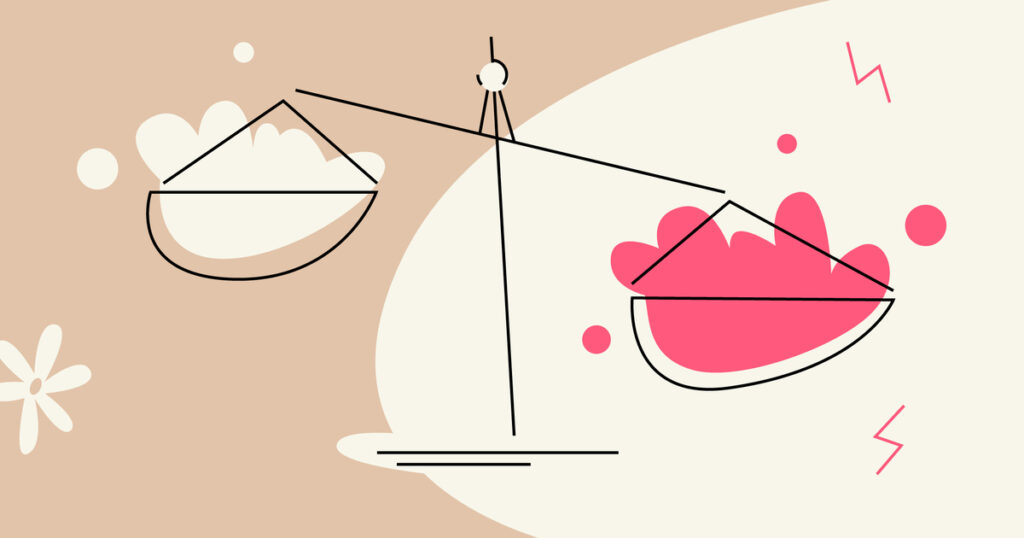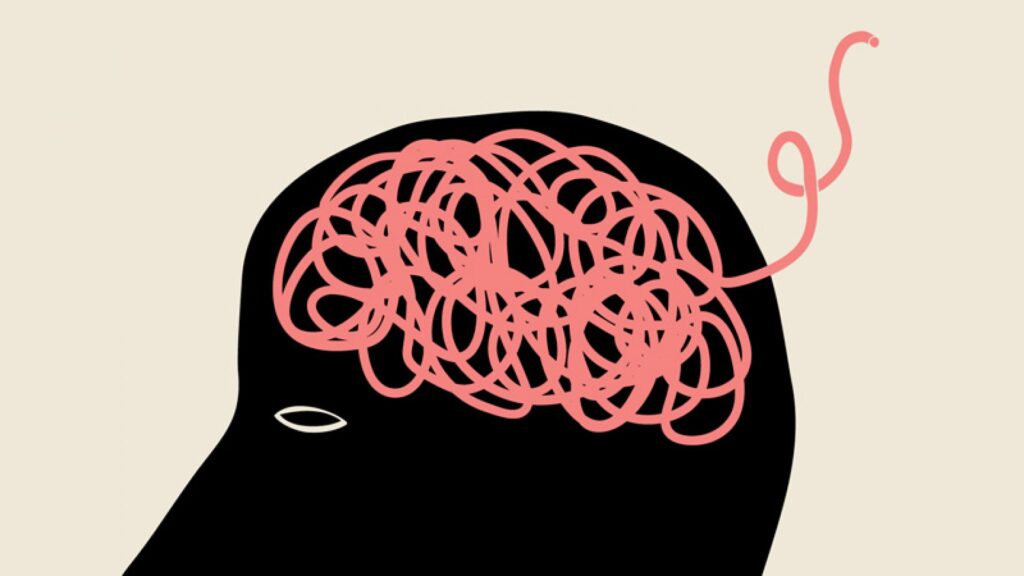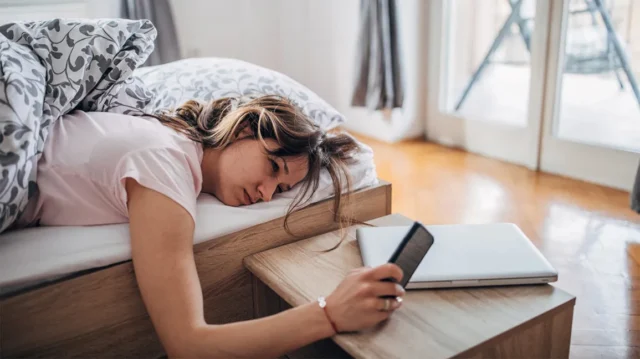The less sleep we get, the worse our performance and the lower our concentration. But the consequences of not getting enough sleep don’t stop there. Did you know that if you sleep less than 7 to 9 hours, you have a greater risk of becoming obese?
Why You Get Fat When You Don’t Sleep Enough
Over the past few decades, obesity has reached epidemic proportions, medical experts are sounding the alarm. At the same time, chronic sleep deprivation has become epidemic. Scientists have found a correlation between gaining excess weight and regular sleep deprivation.
Binging on Lack of Sleep
The body needs energy to function properly. There are two ways it can be replenished. It’s a slow sleep, especially its fourth, deep stage, when the body goes into a mode of preservation and accumulation of energy. And food.
When the body is constantly sleep-deprived, it has no time to recover and store energy for the next day. The only way for it to compensate for the lack of energy is to get it from food. Therefore, an increased appetite is an expected and logical consequence of sleep deprivation.
Reducing sleep for every hour leads to the consumption of 200-500 extra calories, including high-calorie night snacks people eat while watching Netflix or playing at reviewcasino. Not getting enough sleep for 3 hours? You have taken in an extra 1000-1500 calories.
Hormonal Balance Changes

Cortisol production increases from lack of sleep, and cortisol increases appetite. The stress hormone increases the feeling of hunger and there is a desire to eat the lack of sleep.
Growth hormone concentration decreases. When normal, it breaks down fats and converts them into energy. Reduced production of growth hormone causes the body to accumulate fat cells.
Constant lack of sleep lowers the level of leptin, a hormone that suppresses appetite. The person is already full, but continues to eat because the signal of satiety has not yet reached the brain. This leads to disturbed metabolism and the potential for obesity.
Risk of Developing Type 2 Diabetes Grows
Insulin is the only hormone that lowers blood glucose concentrations. But due to lack of sleep, insulin-dependent cells may stop responding to it, making it difficult to extract glucose from the blood. The pancreas increases insulin production. Its excess provokes a feeling of hunger and the body stores more calories in the form of fat. Over time, this can lead to the development of type 2 diabetes.
Scientists conducted a clinical trial with volunteers who were young, healthy people. They were given no more than 4 hours of sleep for 6 days. One week later the totally healthy people showed symptoms of pre-diabetes type 2. For the next week, the subjects slept for 7-9 hours each. After normalization of sleep, the symptoms disappeared.
The Brain Makes Bad Decisions

Can’t sleep? You want to eat! Sleep deprivation makes us unable to control our eating behavior. Regular deprivation of adequate sleep negatively affects the frontal lobe, the part of the brain responsible for controlling, motivating, and evaluating one’s actions. This makes it harder for a person to make healthy food choices and craves high-calorie, fatty and sugary foods – because the reward centers of the brain are more receptive to them.
The longer you stay up, the more you want to chew. As a result, nighttime binge eating comes. Moreover, you should understand that the feeling of hunger or satiety is not an objective indicator, but a consequence of hormonal failure. And as long as you have low leptin, you won’t get full, no matter what your stomach is full of.
Reduced Physical Activity
When you want to sleep all the time, during the day fatigue sets in and your eyes fall asleep, the person has no time to work out. And if he or she finds the strength to work out, he or she is sluggish and quickly gets tired. The effectiveness of such classes tends to zero.
What to Do to Sleep Better

Over 50% of adults admit that they cannot afford the necessary 8 hours of sleep. And if you are one of them, and every day you go to work with eyes closed from lack of sleep, you know that you are endangering your health and your life.
Urgently change the situation. For starters, get rid of habits that prevent you from falling asleep properly:
- Don’t sleep with a light on or a glowing TV screen, a gadget. Light reduces the production of melatonin, a hormone that causes sleepiness and controls body temperature.
- Don’t watch TV or play computer games before going to bed, it prevents you from falling asleep.
- Don’t sleep in tight clothes, this interferes with the production of growth hormone.
Instead of bad habits, develop healthy ones:
- Go to bed at the same time, no later than 11:30 p.m.
- Eat three hours before going to bed.
- Sleep in silence and darkness.
- Bedroom, bed is for sleeping only. If you work or eat in bed, your brain wears off sleeping there. But reading a book before bedtime is not only possible, but necessary. Just not from a laptop screen, but in a paper version.
- Follow rituals that send your body signals that you’re getting ready for bed (take a warm bath or shower, brush your teeth).
- Open the window and go to bed.
When we talk about a healthy lifestyle, we especially emphasize the importance of adequate physical activity and a healthy diet. But without a full 7-9 hours of sleep, you can’t even dream of feeling well.







